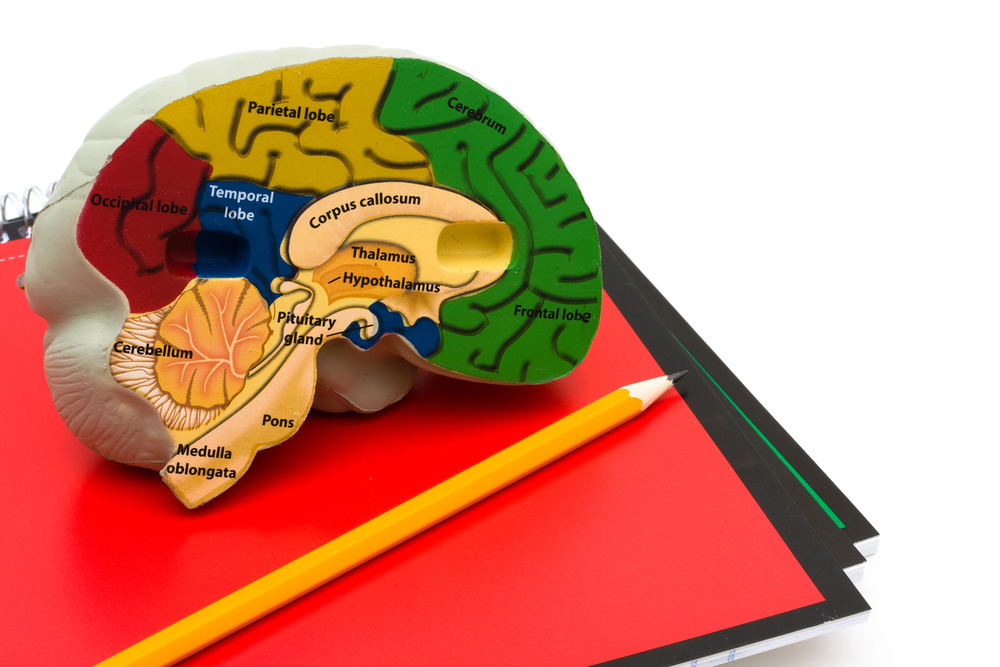A new article in the Journal of Education Policy argues that the widespread use of psychological science in UK education policy is reinforcing, rather than addressing, systemic inequality. Researchers Sarah Gillborn (University of Birmingham) and Thomas Delahunty (Maynooth University) call for a rethinking of how educational research is framed, warning that “common sense” psychological approaches can obscure structural causes of educational disparities.
In particular, the authors criticize the uncritical use of positivist methods—especially quantitative research—that pathologize individual students while ignoring social, political, and cultural contexts.
“Psychological research mentors and theories, therefore, command a level of respect, and ‘common sense’ assumptions regarding the objectivity, validity, and generalisability of these methods receive little critical attention, especially within the educational policy discourse.”
















A bunch of academics find that psychological frameworks are used to justify inequality, but that is a petty human insight available to anyone through perception, and it is a much vaster and more widespread problem throughout the socially conditioned human consciousness which is composed largely of the prejudices created by psuedo-experts of every kind which include the academics making this very argument in the first place. See how absurd it is to make a problem of the way psychological frameworks reinforce systemic inequality rather then boring down into the roots of the problem which is an unstable, fractured and confused social consciousness being managed by every kind of psuedo-expert, celebrity gossip, opinion collumns, conspiracy theorists, ideologues of every kind, spiritual quacks and vampires and ‘wellness gurus’ etc: see how worthless and impotent is our insight if we don’t see the total problem which means always tracing them to their root process IN THE ACTUAL, not inscribing on the actual your own circumscribing conceptual and theoretical limitations which is what you do here as always. Academics are the most petty and trivial contributors to the field of critique of psychiatry today if you ask me.
Report comment